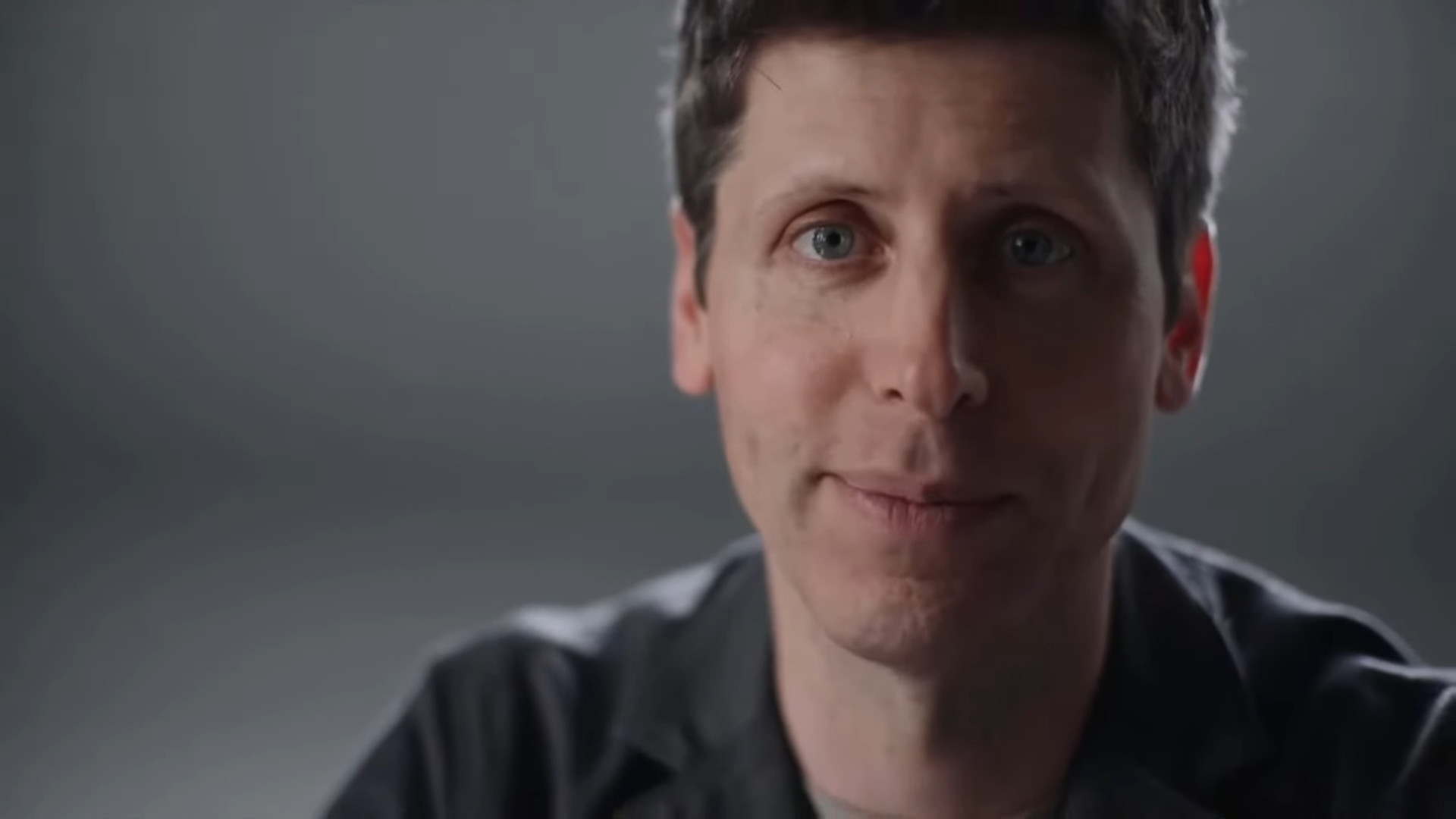
Sora 2, the latest model of OpenAI’s text-to-video technology, has launched alongside a dedicated app. This iteration promises to generate vibrant AI animations, reminiscent of Studio Ghibli films, as well as realistic live-action clips that exhibit a concerning level of accuracy.
However, while the advancements are impressive, some generated clips are not without their flaws, such as a martial artist’s inexact portrayal featuring a warped staff. OpenAI emphasizes improvements in maintaining realistic body mechanics.
The app can also embed real-world elements into its video outputs, enabling users to integrate themselves or others into Sora-generated environments with high fidelity. Addressing concerns over potential misuse for deepfake creation, OpenAI has engineered the Sora app with features intended to mitigate such risks.
In light of this technology’s reach, Altman has voiced awareness of the dangers, admitting the importance of responsible use and the necessity of safeguards against content misuse. He indicated that should the app lead to negative social consequences, OpenAI would consider shutting it down.
As demonstrated, the app presents both innovation and ethical dilemmas as users navigate its capabilities.
